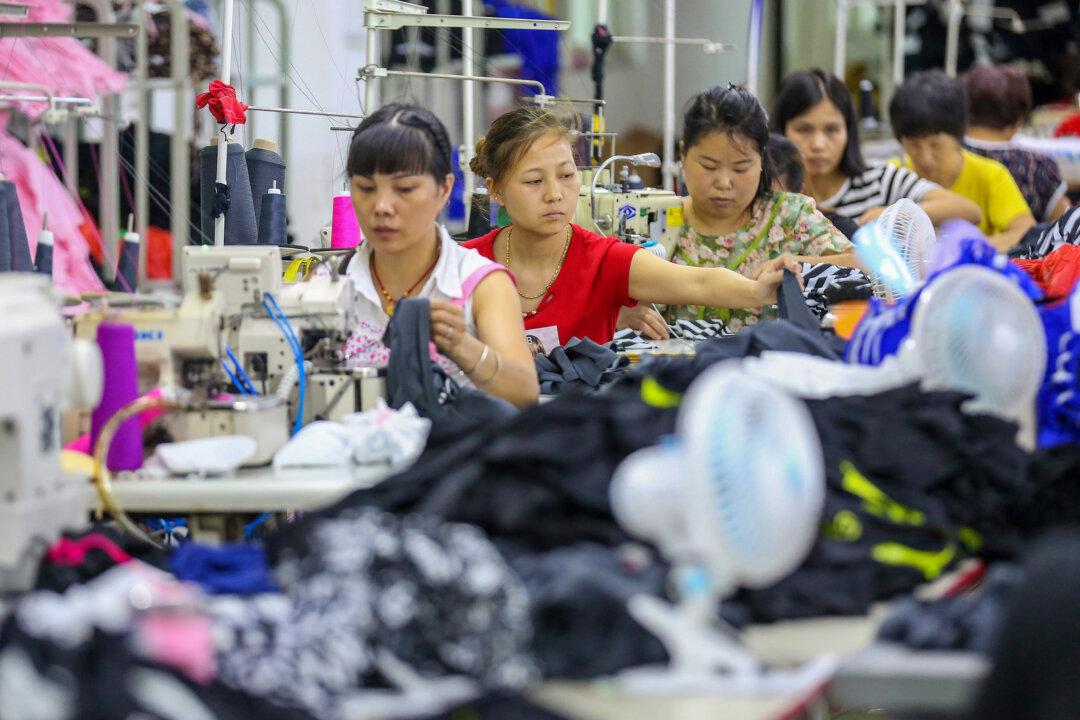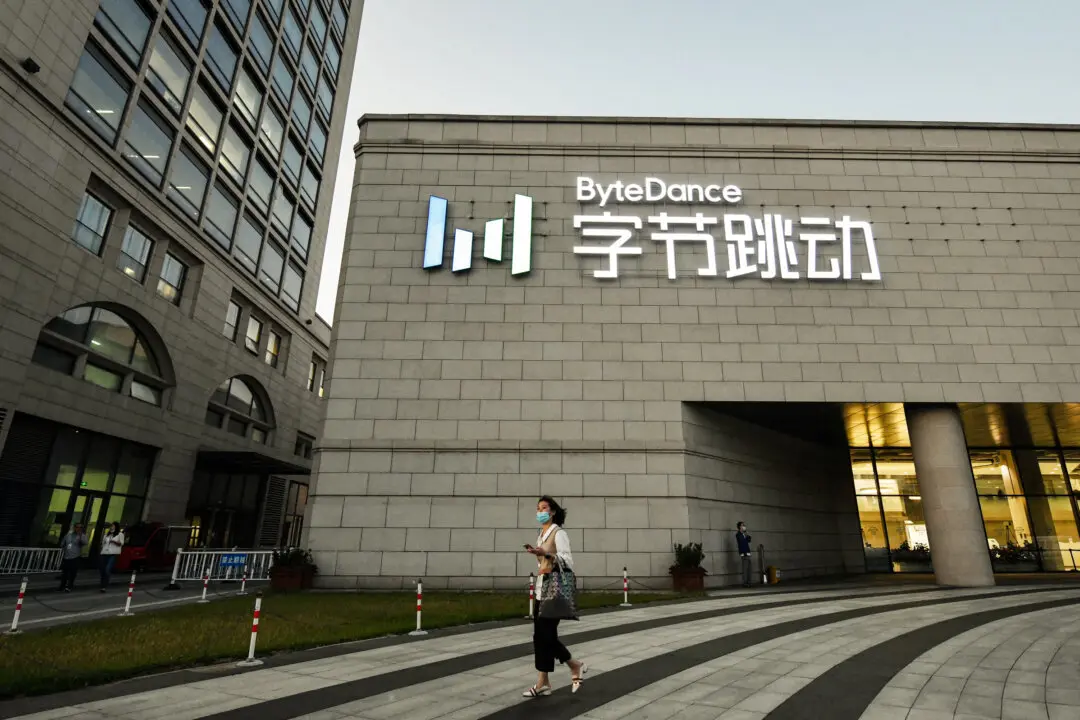The Chinese regime recently revealed that its social insurance system reported a $96 billion deficit in 2020 due to the impact of the COVID-19 pandemic on the economy. Consequently, China’s state-run media has encouraged people to pay for social insurance programs. The Epoch Times spoke with some Chinese citizens who shared their concerns about the social insurance system and expressed distrust towards the Chinese Communist Party (CCP).
According to the Chinese regime’s budget report, the revenue of the social insurance fund in 2020 is 7.21 trillion yuan (about $1.11 trillion), a decrease of 13.3 percent from the previous year; and social insurance expenditure exceeded revenue by 621.917 billion yuan (about $96 billion), according to a report by state-run People’s Daily. The budget report was revealed during the “two sessions”—an annual meeting of China’s rubber-stamp legislature—earlier this month.




